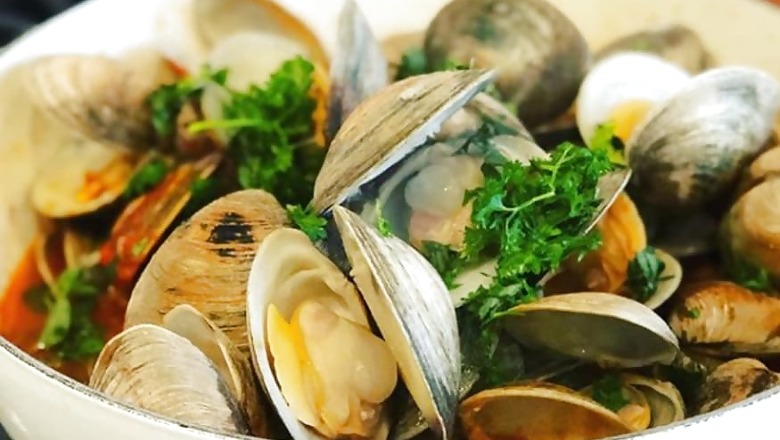
views
The food that we eat essentially contains two types of nutrients, macronutrients and micronutrients. Macronutrients (proteins, carbohydrates and fats) are the ones that provide us with calories or energy which is required by the body to maintain essential functions of daily life. Micronutrients, on the other hand, are the ones which help in producing the enzymes, hormones and other substances which are essential for proper growth and development of the body. The essential micronutrients include iron, zinc, calcium, iodine, vitamin A, vitamin B family and vitamin C.Why vitamins matter
As per the World Health Organization, over two billion people globally are micronutrient deficient. You will be amazed to know that in India, 85% of the population is Vitamin D deficient, which makes them prone to diseases like heart diseases, osteoporosis, and rickets. Vitamins have an essential role to play in a human body. They strengthen the bones, heal the wounds, repair any cell damage that occurs due to free radicals and boosts up the immunity. These micronutrients are also necessary for the conversion of food into energy, so their requirement in the human body increases with age.
So, while vitamins are essential, their deficiency is an emerging health concern and new methods to deal with such deficiencies are called for. According to the recent research in the journal Frontier in Nutrition, various scientists from the University of Cambridge found a way to fortify the bivalve species (the organisms that have an external hard shell and an internal soft body) such as shellfish and oysters, in order to meet the micronutrient deficiencies in humans.Why fortify the bivalves?
Unlike other seafood, when we eat bivalves, we generally consume the entire organism including its gut. This ensures that we ingest all the nutrients consumed by the organism towards the end of their lives. This makes bivalve shellfish an ideal subject for nutritional fortification.The vitamin bullets
The scientists from the University of Cambridge collaborated with major seafood manufacturers to test their microencapsulation technology which is commonly called Vitamin Bullets.
Dr David Aldridge, from the department of zoology, along with PhD student David Willer developed the world's first microcapsule which was specially designed to deliver nutrients to the bivalve species. These vitamin bullets are tailor-made in such a size (50-200 nanometres), shape (spherical shape) and buoyancy that they appeal to the shellfish.Benefits of the vitamin bullets
The researchers created vitamin A and D microcapsules and fortified over 100 oysters with them. The oysters were fed for 8 hours till they were depurated (cleansing of the impurities) in cleansing tanks. The results of the study showed that the fortified oysters delivered around 100 times more vitamin A, and over 150 times more vitamin D, than natural oysters.
The scientists found that in 100 grams of fortified oysters (3 small or 2 large oysters), the levels of vitamin A and D were reported to be 997 and 47 micrograms per 100 grams, respectively. However, in the natural oysters, the levels of vitamin A were even less than 10 and vitamin D were less than 0.3 micrograms per 100 grams.
Furthermore, scientists noticed that the fortified oysters provided more than 26 times more vitamin A and over 4 times more vitamin D than salmon, which is considered to be the best natural source of both of these vitamins. The levels of vitamin A and D in salmon were 37 and 11 micrograms per 100 grams, respectively.
With this study, the scientists believe that even with a serving of just two of these fortified shellfish, a person can meet their Recommended Dietary Allowance (RDA) for Vitamin A and D.For more information, read our article on Nutritional Deficiency.Health articles on News18 are written by myUpchar.com, India’s first and biggest resource for verified medical information. At myUpchar, researchers and journalists work with doctors to bring you information on all things health.


















Comments
0 comment